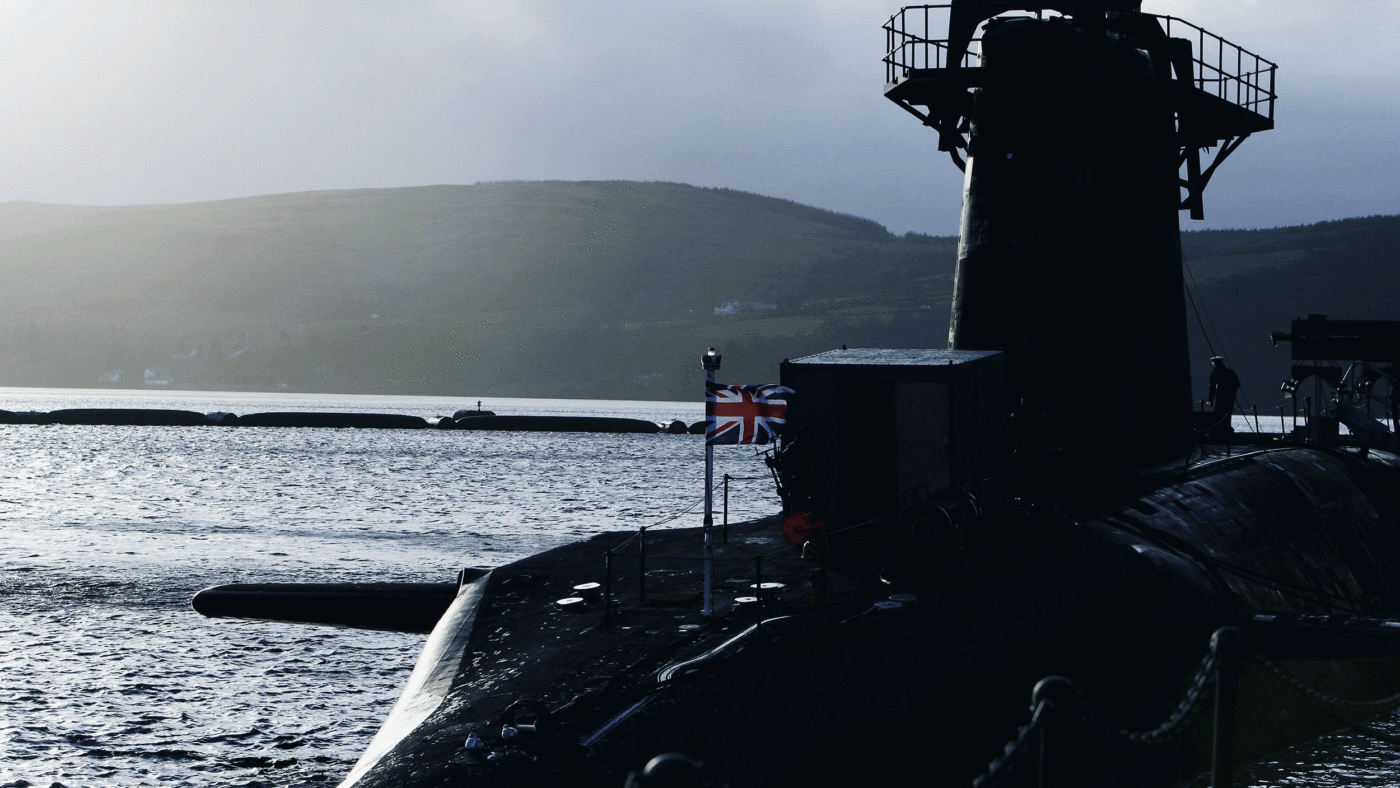For most of my politically aware life, I’ve been a committed Atlanticist: I believe in a close (if not necessarily ‘special’) relationship with the United States, I think the UK and the US acting in concert can be a force for good in the world, and I believe NATO is the foundation of our security policy and strategic stance. Nothing I’ve done, from clerking the House of Commons Defence Committee to working for the UK delegation to the NATO Parliamentary Assembly, has convinced me otherwise.
I’m also a strong supporter of the armed forces and will always be in favour of a higher defence budget, though I have been sharply critical of the Ministry of Defence for woeful procurement strategies and shocking waste of taxpayers’ money. I like and respect soldiers, sailors and airmen, I contribute to a Gurkha charity, I was a civilian member of the Army and Navy Club for a while – you get the picture.
Over the past few years, however, I’ve had to come to terms with a growing realisation that I’m not like other people. It began as a shameful secret – indeed, I tried to deny it at first and convince myself I was normal – but you can’t hide your true nature forever.
So here goes: my name’s Eliot, and I don’t believe in the nuclear deterrent.
Already I can hear the reaction, the chorus of execration. How can I say such a thing? Am I a dangerous lefty, a Corbynite, some relic of the Labour Party of yore? Do I hate Britain? Would I deliver us naked to the conference chamber, as Aneurin Bevan prophesied? Do I not think the UK should have the best defences available in this most uncertain and multipolar world?
Let me try to explain. The first issue is cost. The nuclear deterrent – Trident and its forthcoming replacement – costs us about £5 billion a year, or 15% of the defence budget. And these costs are largely irreducible. To maintain what the nuclear wonks call continuous at-sea deterrence, which means that there is always, always a UK submarine somewhere in the world’s oceans ready to fire nuclear weapons on command, you need a minimum of three boats, though four is preferable. Fewer than three means you cannot guarantee the continuousness, which means, obviously, we could be caught unable to respond to a nuclear challenge.
That £5 billion is an extraordinary amount of operating cost (and is separate from the building of the four Dreadnought class submarines which will replace our current Vanguard class ballistic missile boats: that’s another £31 billion for the whole project). It skews our strategic priorities massively towards a Cold War mindset, which gives us the capacity to cause massive devastation over a large area of enemy territory. Let’s not dress this up: we possess, and profess readiness to use, weapons of mass destruction.
As it happens, I’m okay with that. If we were ever put into a situation in which massive nuclear retaliation was the only viable response, I’d be happy to see the button pressed. I’d do it myself, if required (although of course there is no button, just a coded message from Whitehall to Northolt and thence, via a transmitter at Skelton, to one of our boats).
But put the costs aside. The nuclear deterrent doesn’t work because – drum roll – we’ll never use it.
I mean that. Think of one likely or even possible scenario in which a British prime minister would authorise the likely death of hundreds of thousands of civilians somewhere in the world. The first nuclear bomb ever used in combat, Little Boy, dropped on Hiroshima, killed 66,000 Japanese in (literally) a flash. Many thousands died later from the effects of the bomb. And Little Boy was a firecracker compared to the warheads on a Trident II D-5.
“Ah”, say the proponents of nuclear weapons, “but the world is so uncertain, and nuclear weapons are proliferating. What if al-Qa’eda got hold of one?”
What indeed? Let’s suppose Islamic fundamentalist terrorists built or obtained a small nuclear device, and detonated it in London. The devastation would be awesome. Hundreds of thousands would likely die. And upon whom would we rain biblical terror and fire from the heavens in retaliation? Afghanistan? Iran?
Once a nuclear weapon is used, all other nuclear weapons become obsolete, because the deterrent has failed. But the deterrent doesn’t work anyway, because we would never use it against other states, and non-state actors, by definition, do not have a state against which we could retaliate.
All of this means that we are spending billions of pounds every year on a weapons system we will never use, on the basis that we’re engaged in a game of bluff with other people who might use them but would not be deterred by retaliation. If you’re crazy enough to start a nuclear war, you’re crazy enough to risk losing it.
So that’s my secret. I don’t believe in the nuclear deterrent. Sorry Mum, Dad. But I couldn’t go on living a lie.
Click here to subscribe to our daily briefing – the best pieces from CapX and across the web.
CapX depends on the generosity of its readers. If you value what we do, please consider making a donation.


